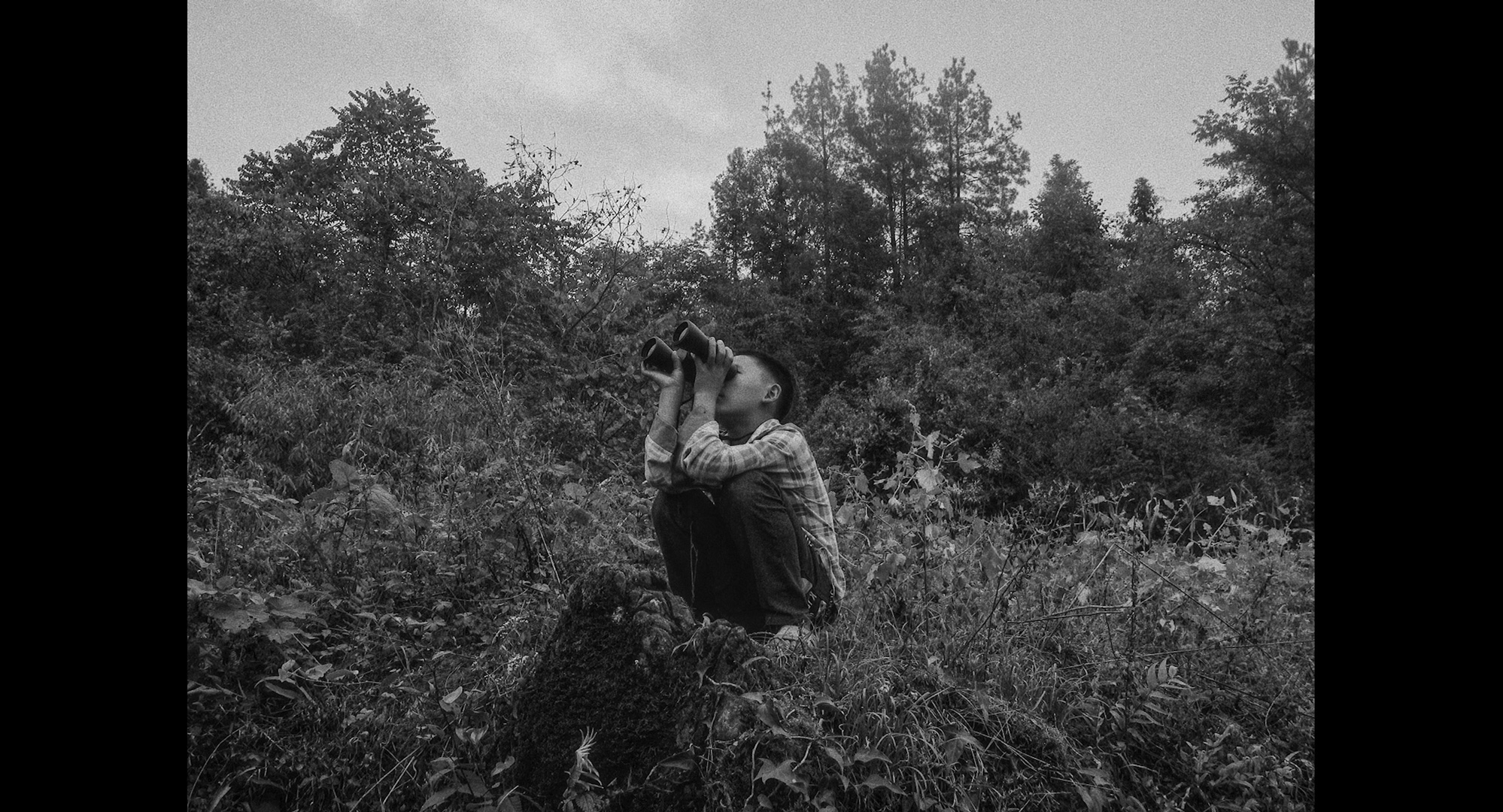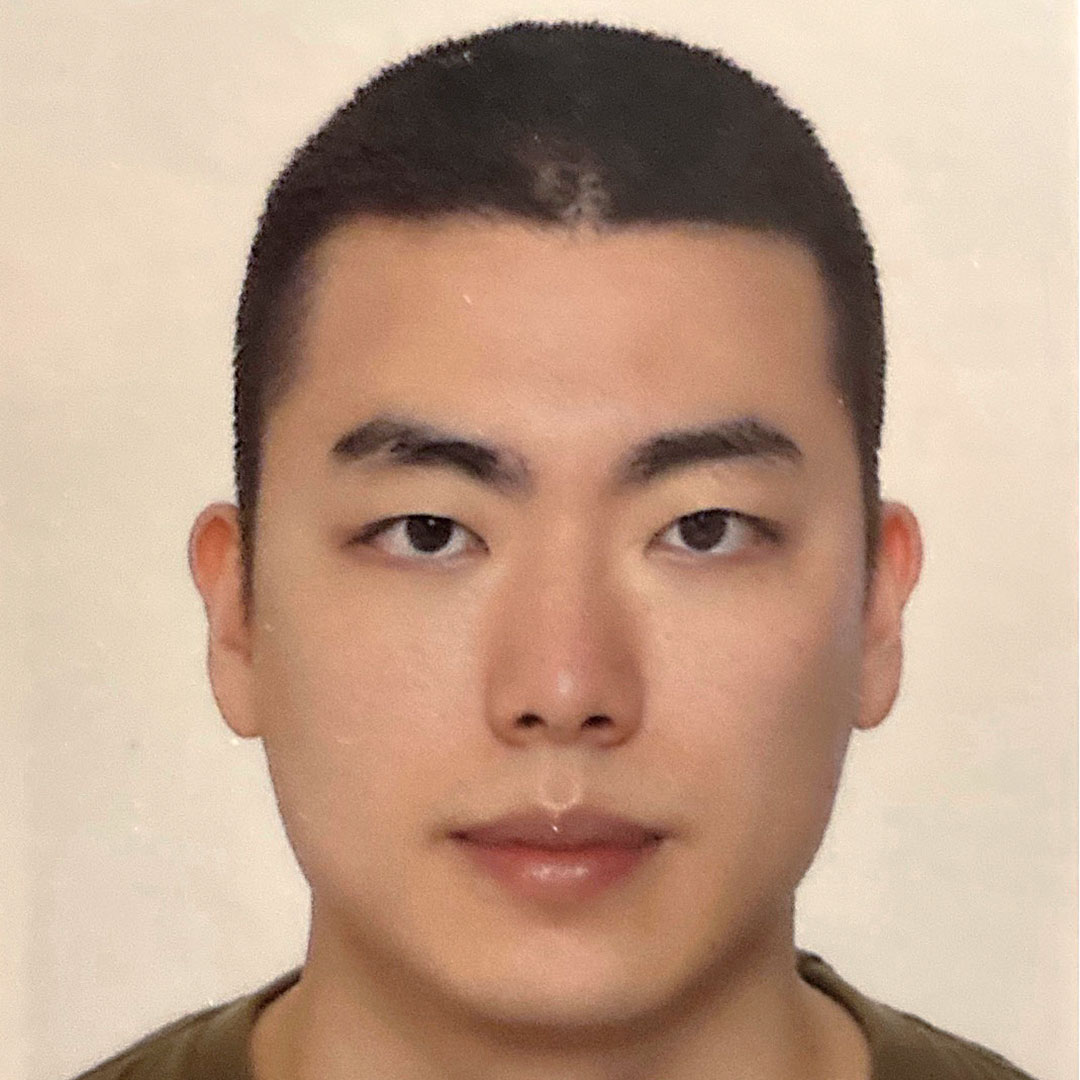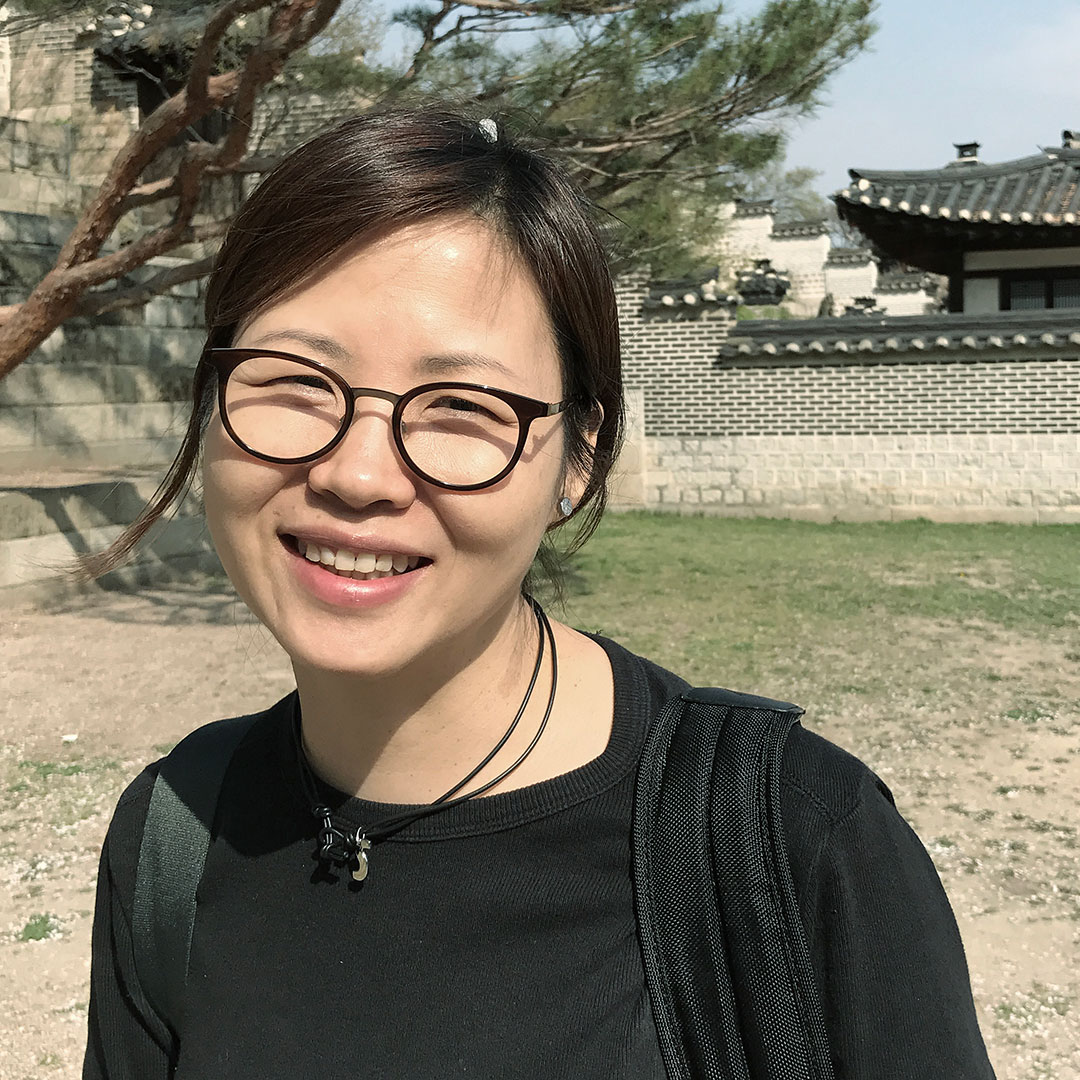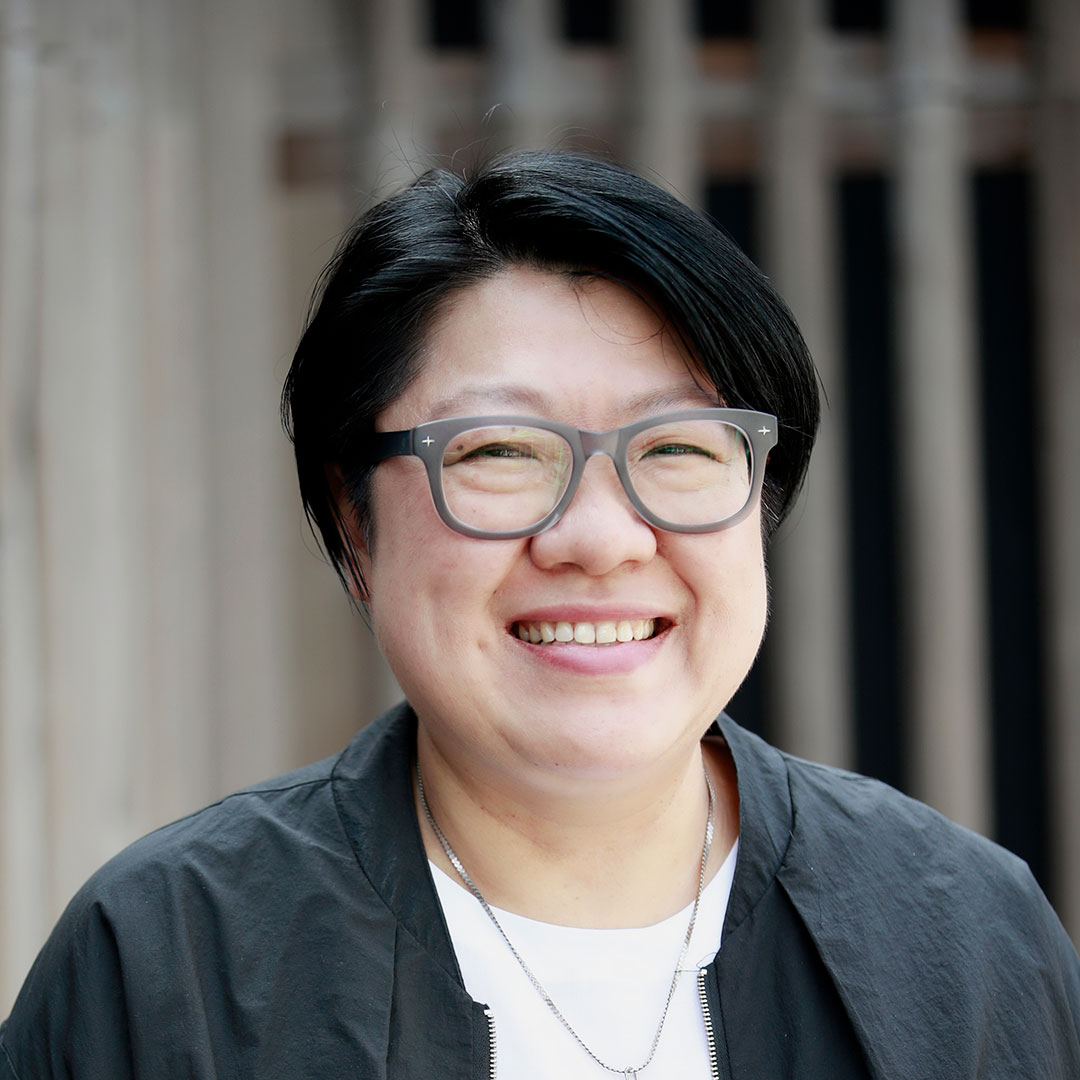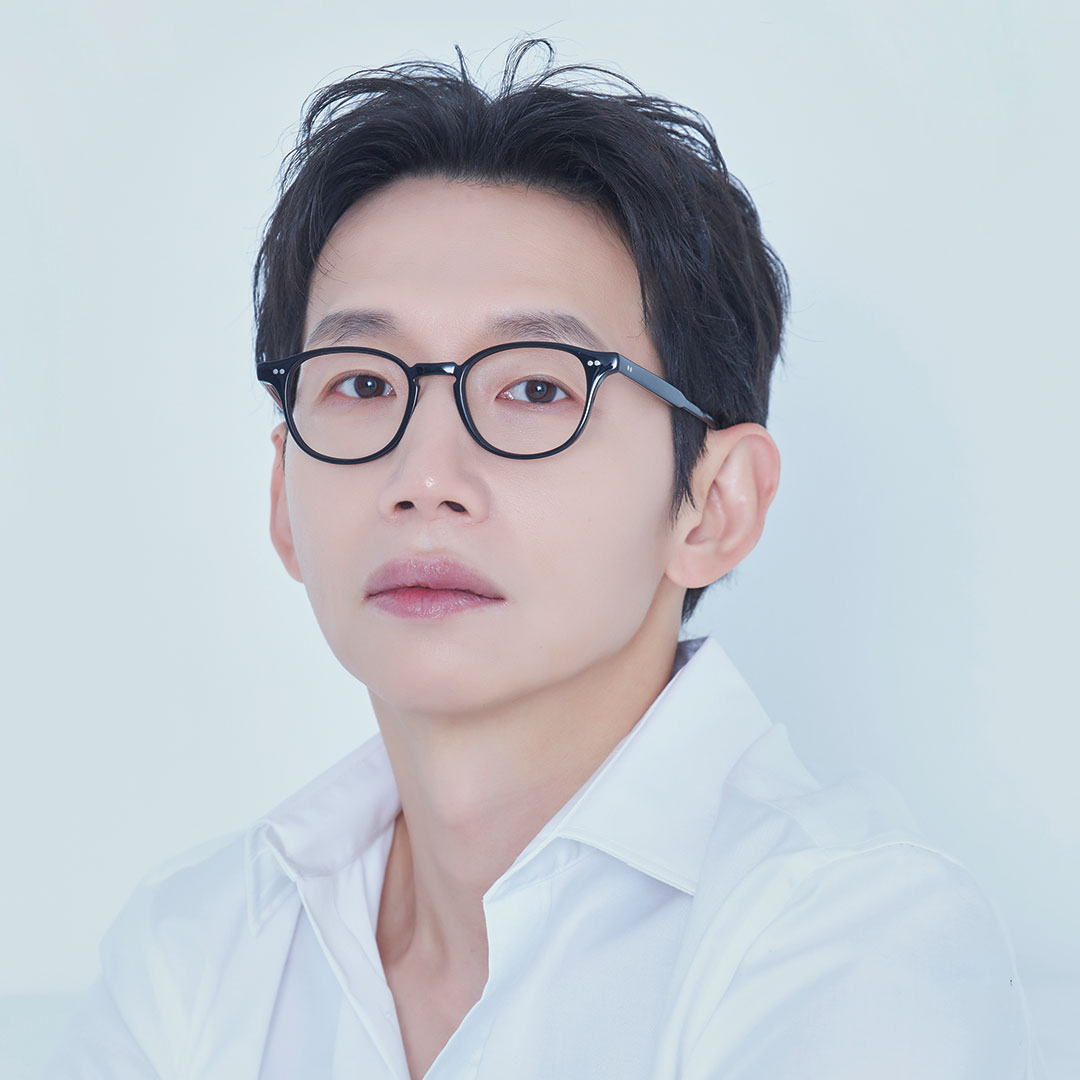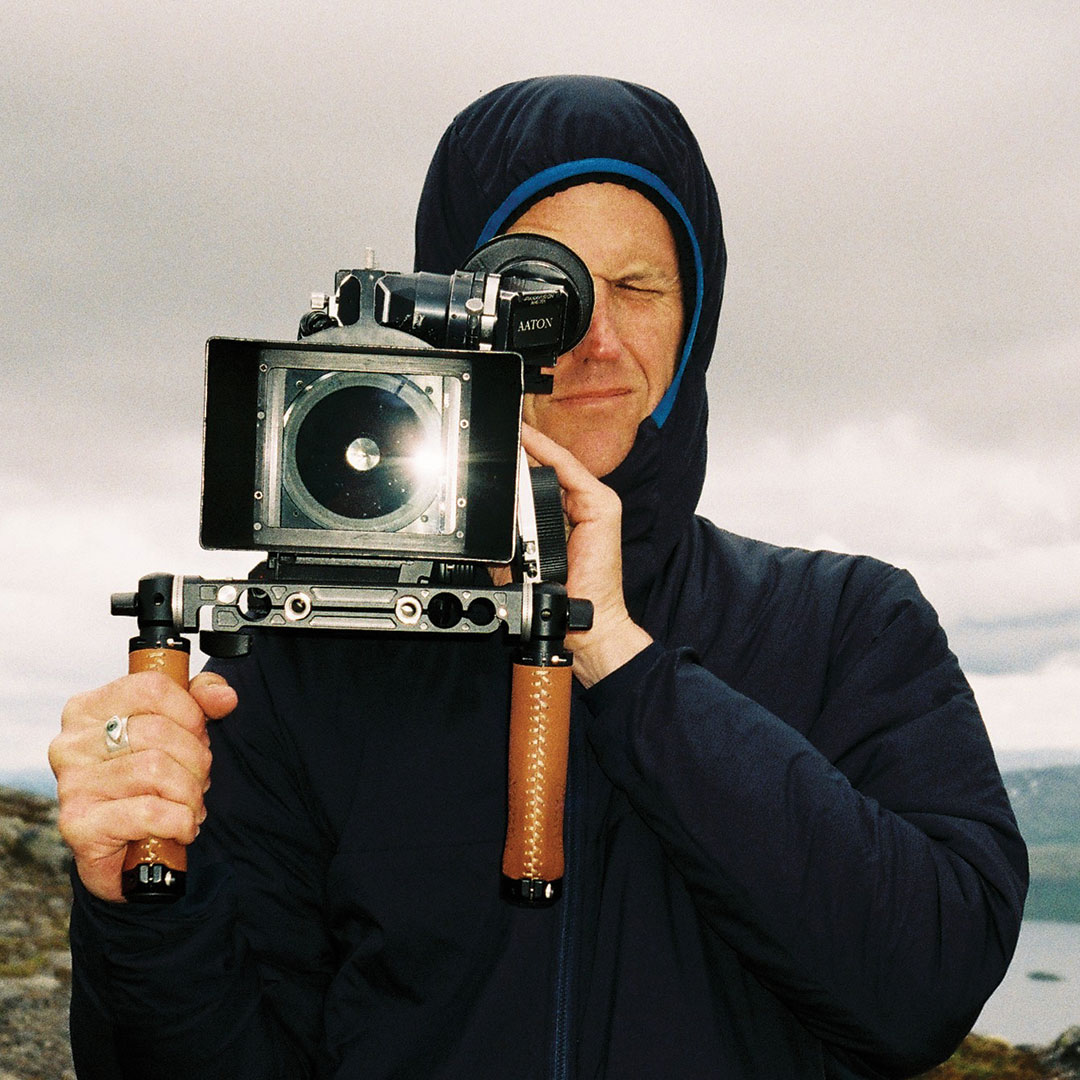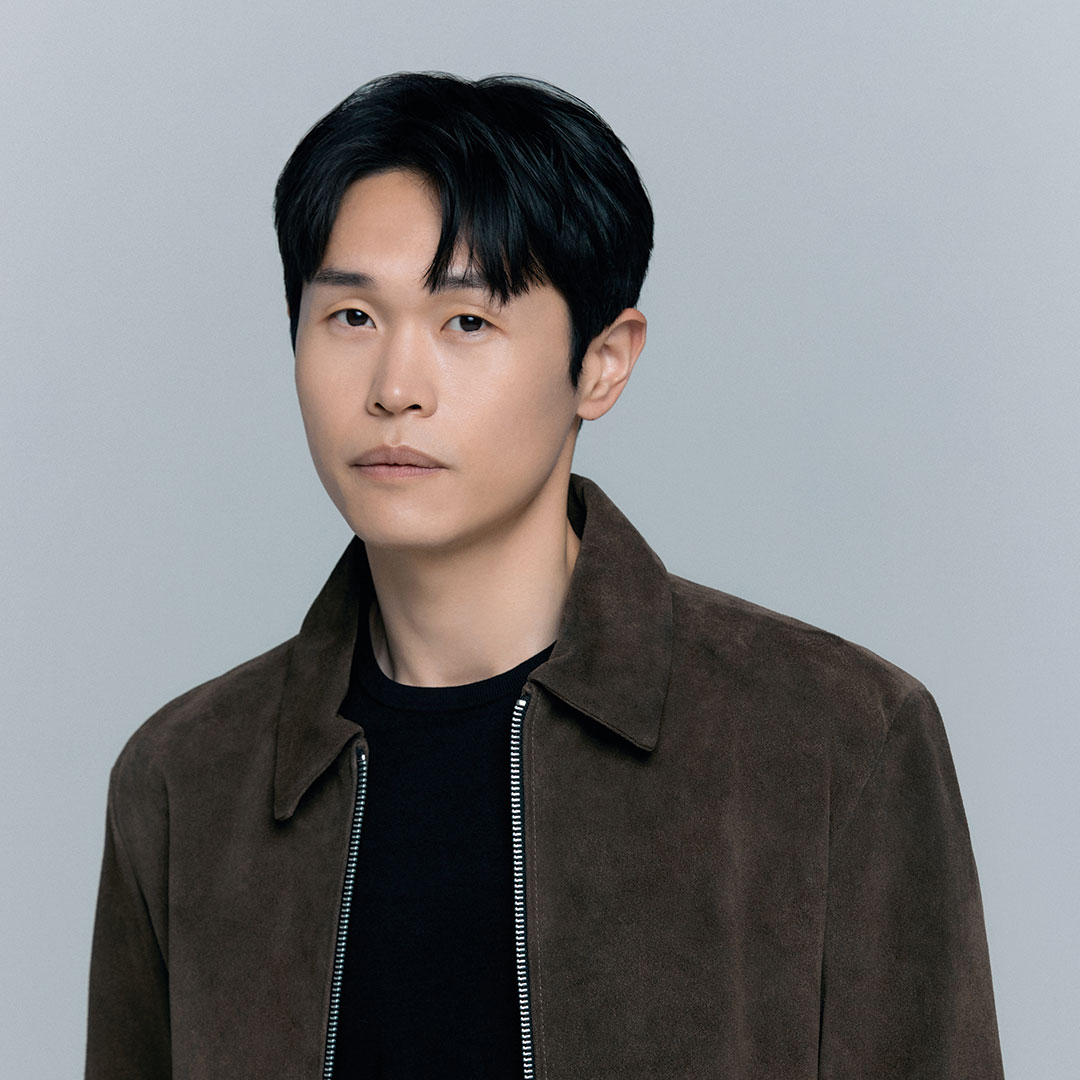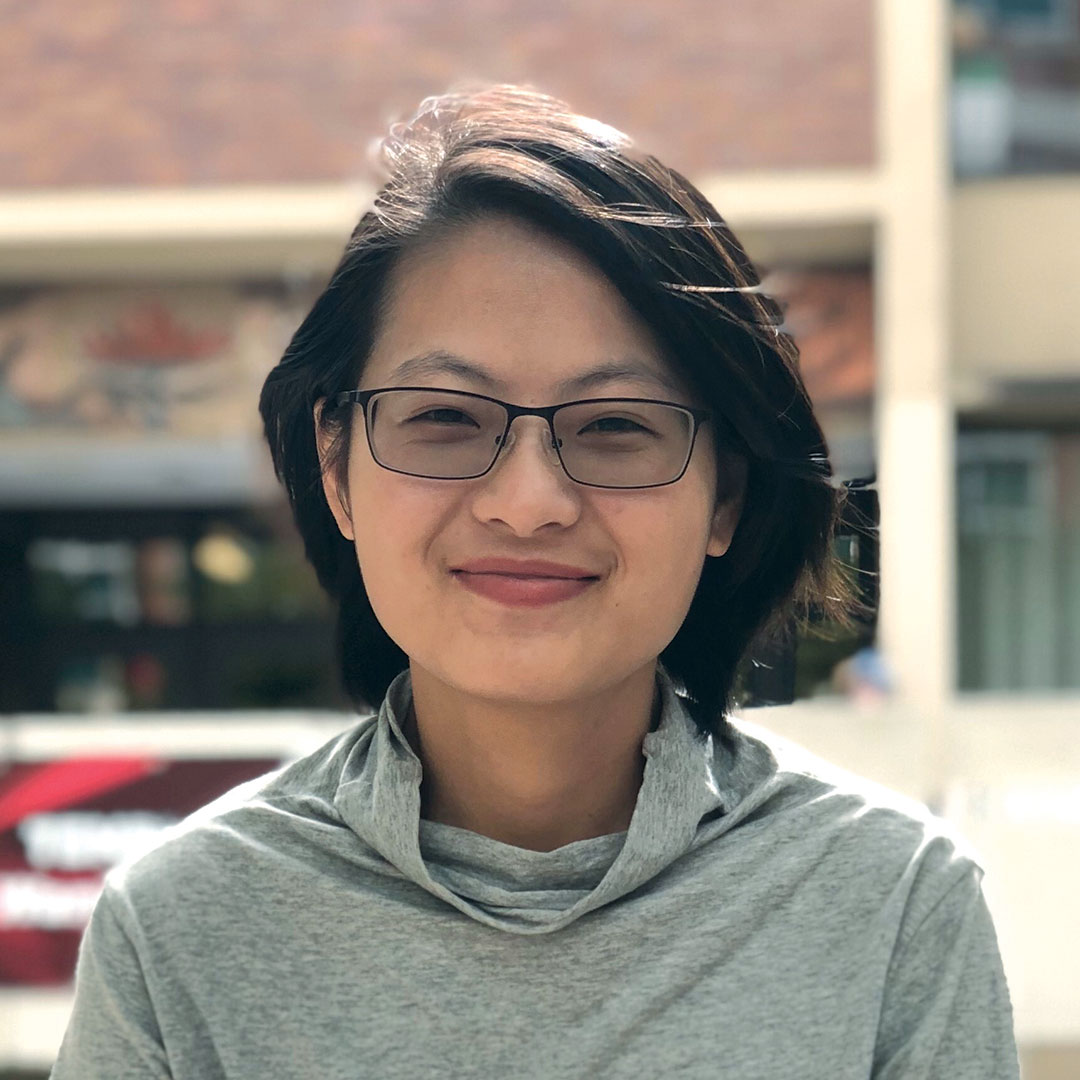감독 천더밍 CHEN Deming | United States, France, China, Taiwan | 2025 | 86min | Documentary | 국제경쟁 International Competition
How did you first come across this young poet, Youbin Gong? What led you to decide to follow his life and make a film about him?
I learned about this group of children through a friend, and when I first read their poems, I was deeply moved. Their words were simple and sincere, as if they were doing their best to piece together an understanding of the world. Within that effort, I saw poetry, philosophy, and an emotional depth I’ve always longed to express through the language of cinema.
When I entered the village, it felt like stepping back into my own childhood. The land and the children were almost identical to what I had once known. Like them, I was raised without the vivid presence of my parents, drifting between relatives’ homes under the care of my grandparents, carrying only a vague and unfamiliar sense of what “home” meant. As a child, I would often cry silently at night, clutching a photo of my mother hidden under my pillow. I know what it feels like to be exiled.
Youbin’s silence and loneliness resonated deeply with me. He is not just himself—he represents a broader, often overlooked group. This film tells his story, but it is not only about him. It is about this quiet land, about the cycles of time, and the flashes of memory. Through the camera, I try to write a quiet poem—an attempt to capture the way I gaze upon this land.
In the film, the poems are presented against the backdrop of landscapes and, at times, images of family. What were the most important considerations for you when selecting and arranging the poems within the film? And how did you approach the challenge of extending the rhythm of poetry into the rhythm of cinema?
When we breathe poetry into the landscape, it becomes both an extension of the poetic and a projection of emotion. The landscape becomes a witness to these verses—quietly, silently listening to moments of murmured introspection. And when poetry appears within the context of family, it becomes something closer to “a voice of existence.” It reminds us that this imagination—this romantic language—originates from here, from this emotionally complex domestic space, yet it does not entirely belong here. It is both an escape and a form of resistance. In terms of rhythm, I’ve tried to align the pacing of the images with the cadence of poetry. Poetry values pause, silence, and repetition. In the edit, I use long takes and still frames, creating contrast through distance and motion, allowing the audience to experience a poetic rhythm through both sight and sound.
The poetry arises from the life that surrounds him, while the landscape stands as an eternal witness—quietly observing these tender, whispered moments. The familial setting gives the poems a resonant sense of existence: they are born from here, yet do not entirely belong to it.
One of the most impressive scenes is when a group of ants carries away a dead moth over an extended duration. Their movements, which would normally be inaudible, are described in a way that almost tickles the ears. Could you share your intention behind the direction of this scene?
This is a fragment from a microscopic world. Through the camera, it is magnified—given detail and meaning. Without the lens to record it, would we even notice these actions that unfold every day?
With this shot, I hope to present a kind of microscopic power—both as an observation of the natural world and as a metaphor: about the individual’s place within the collective, and about the cycles of life and quiet resistance.
The sound design intentionally amplifies the noises of ants walking and wings rubbing, in order to bring the audience closer to this world, evoking an almost tactile experience. What I want to express is this: on this land, whether human or the smallest life form, all are quietly contributing to one another’s existence. There is no hierarchy—no distinction between greatness and insignificance.
Midway through the film, after maintaining a certain distance from the characters, you directly intervene and ask Youbin a personal question, “Don’t you miss your mother?” This shifts the tone of the film quite noticeably. What prompted you to break this distance, and what significance did this moment hold for you?
The absence of his mother is a silent fracture in his life. The question wasn’t asked in search of an answer—it flowed naturally from that crack.
In that moment, I couldn’t continue to hold onto the identity of “director.” In fact, that scene wasn’t part of my original shooting plan. As a documentary filmmaker, I’m used to maintaining a certain distance, giving space and freedom to those I film. But during the process, I began to see the innocence and fragility of Youbin’s childhood, and those emotions made it impossible for me to remain a mere observer.
The absence of his mother is a constant, unspoken rift. My question emerged from that space—it wasn’t trying to fix or fill it, nor was it looking for an answer. In that moment, I wasn’t trying to break any boundary; I simply recognized that what cannot be avoided must eventually be faced.
The separation from his mother is a vast emptiness in his life, one that the film never directly confronts. The question I asked came from a place of care—and perhaps also from projection. I wanted to know how he copes with that absence, but at the same time, I was really asking about something unresolved in my own childhood.
As the film progresses, the imagery transitions from black and white to color, marking the boy’s growth into adolescence. The vividness of the color enhances the lyrical quality of the black-and-white past. What were your thoughts behind this contrast, and what did you aim to convey through it?
For me, black and white is the texture of memory—like a dream, or fragments of childhood. It is simple, pure, solemn, and carries a kind of classical beauty.
The arrival of color is not meant to emphasize “reality,” but rather to convey “complexity.” As Youbin enters adolescence, his world becomes louder, more vibrant, yet also heavier. The colors are vivid, but the poetry begins to fade.
This shift in palette becomes a narrative of disappearance—childhood, once rendered in black and white, is gradually overtaken by color. The quiet, lonely, and imaginative moments become memories, wrapped in hues that signal both transformation and loss.
This transition of color is, in itself, a story of vanishing—black and white is replaced, and with it, those silent, solitary, yet wonder-filled fragments of youth begin to recede into the realm of memory, where they remain timeless.
The film begins with the poet Always, who questions the nature of time and existence, and ends with the poet Farewell, who bids goodbye to childhood. The film suggests that poetry lingers in our memories, reminding us that we were all once poets. Yet, by the time Youbin reaches adolescence, poetry seems to vanish from his world. Through this film, what did you hope to express about the relationship between childhood and poetry? And what do each of these represent to you?
Childhood and poetry are two forms of the same thing.
Childhood is a way of seeing the world—one that doesn’t rely on logic or experience, but on intuition, feeling, and imagination. A child watching the wind rustle the leaves may believe it’s the tree speaking. At night, with eyes wide open, he might sense an unfinished song hidden in the dark. And poetry is the language of this way of seeing. It doesn’t replicate reality—it renames it.
But growing up is a slow process of disappearance. We learn to adapt, to fall silent, and poetry gradually fades away. It’s not that he abandoned poetry—rather, reality erased his language. Still, I believe that the poems once written in childhood remain, tucked away in the softest part of his heart.
In many ways, this film is a quiet reminder: somewhere deep inside each of us lives a child who once wrote poetry. We’ve only forgotten them, somewhere along the way to becoming adults.
While the young poet Youbin uses language to interpret the world metaphorically, you translate his world through cinematic language. What did language mean to Youbin, and for you, does visual language serve the same purpose in conveying meaning?
Without cinema, these poems might be like fireworks in the night sky—fleeting and gone in an instant. But when poetry is carried by images, it gains the possibility of reaching deeper into people’s hearts.
In everyday life, poetic expression is often misunderstood or overlooked. For me, the language of cinema is, at its core, a form of searching. We learn to live through solitude, to feel the weight of existence, and then attempt to launch some kind of emotion outward—hoping to find someone who receives it.
Film is merely a medium of expression. What truly drives us to make films are the things that are difficult to articulate—yet impossible to ignore. The very act of filmmaking is about discovering those unspeakable emotions. That, to me, is the meaning of continuing to create.
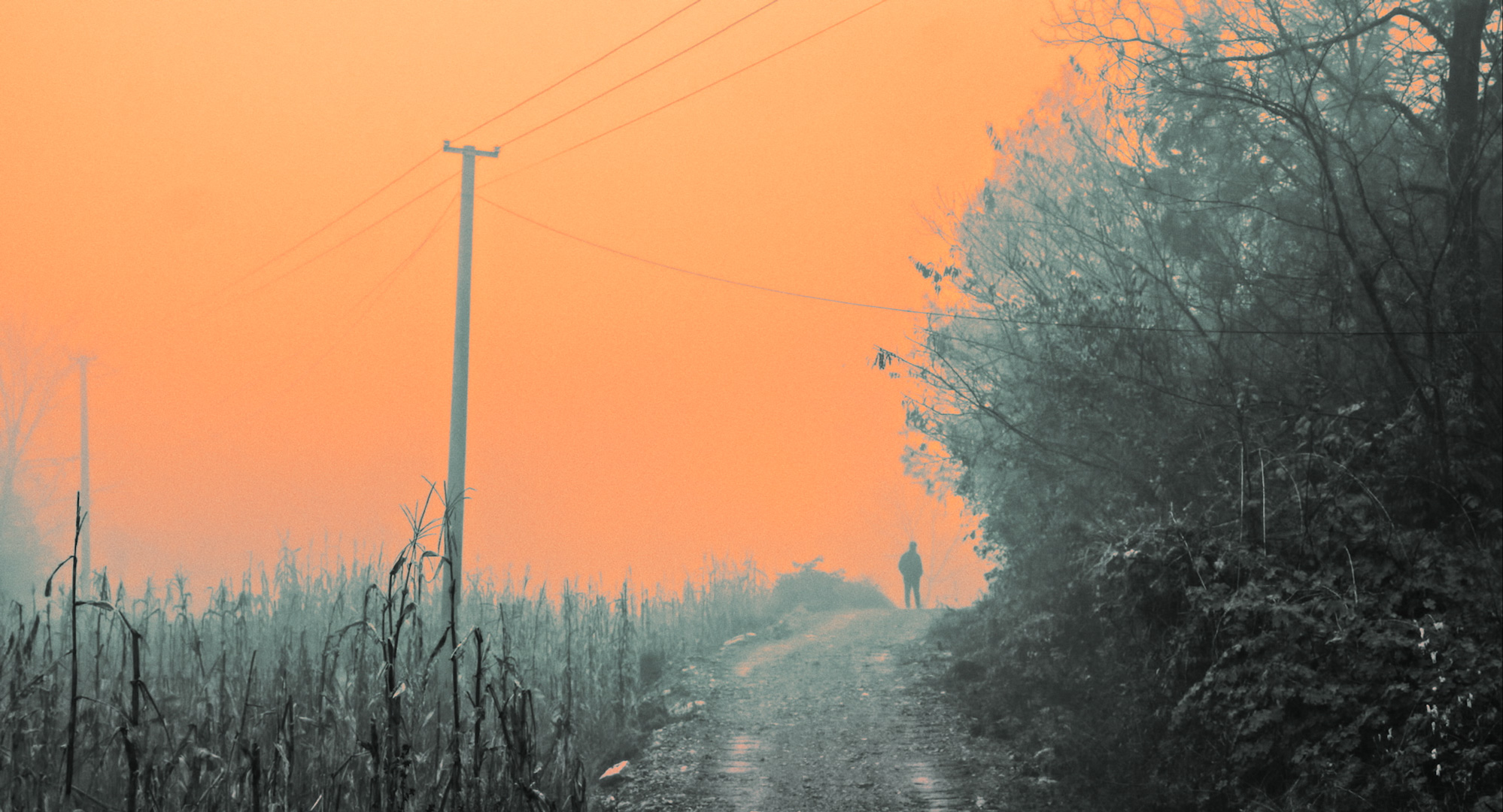
- This film is produced by Timelight Films / HandsOn Studio LLC (U.S.A.), in co-production with Springlight Pictures (China), SaNoSi Production (France), and Rustic Pictures Ltd. (Taiwan) ↩
